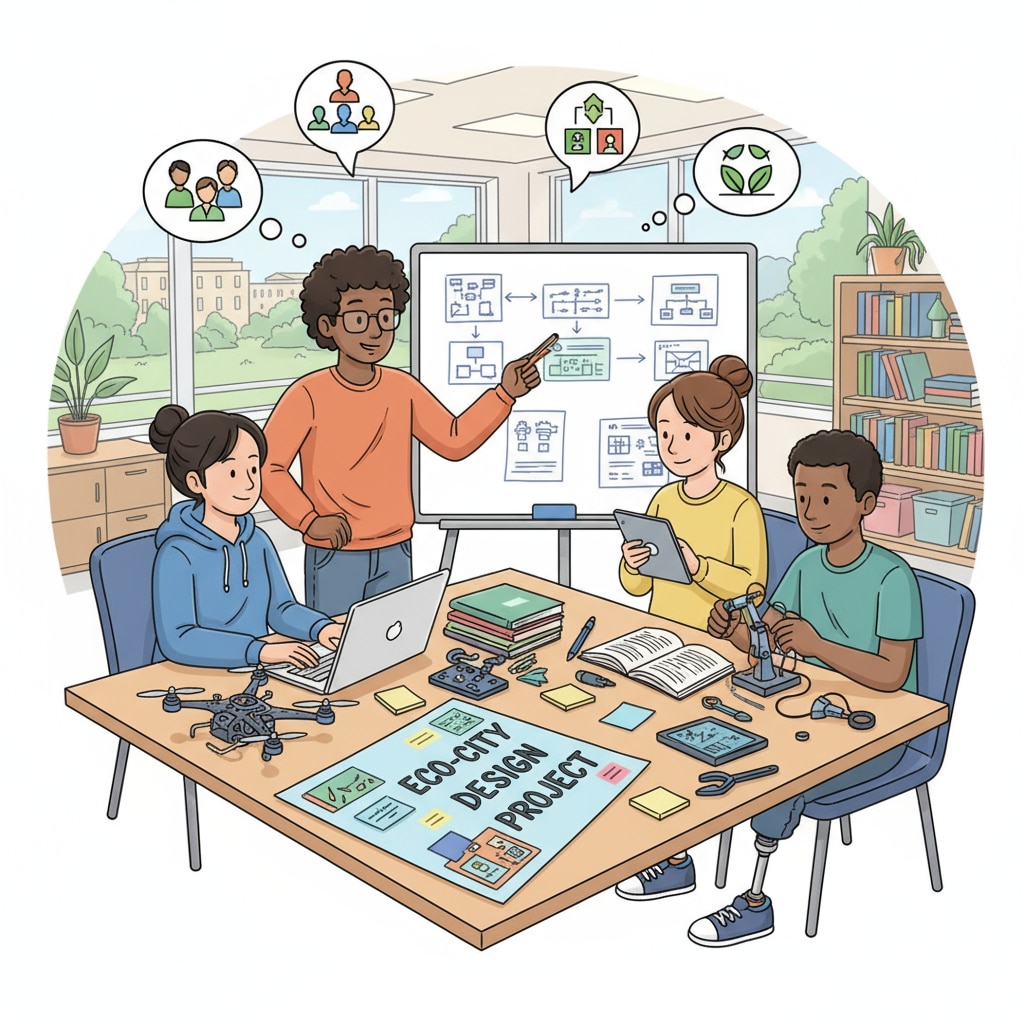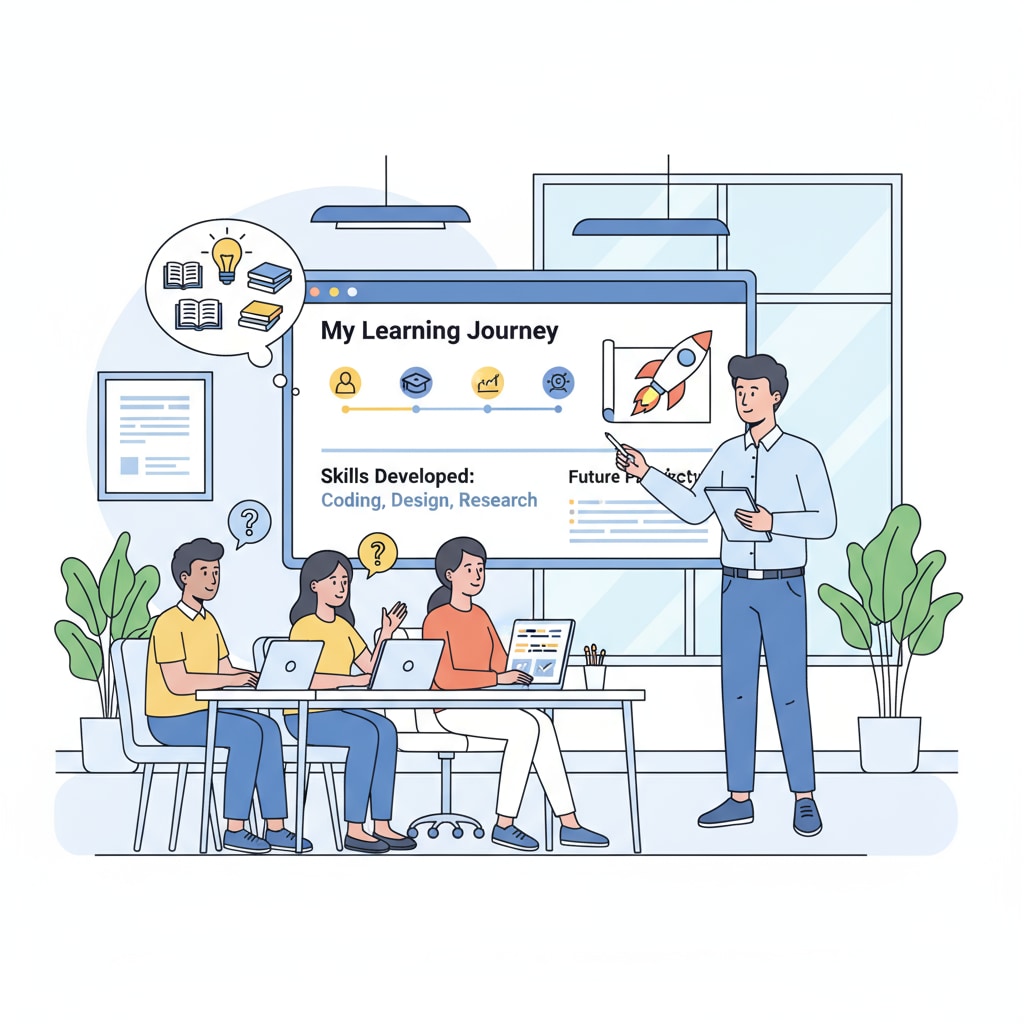Student assessment, educational perspectives, and teaching strategies play crucial roles in shaping the modern education landscape. Traditional educational assessment methods are struggling to meet the demands of contemporary education. This article aims to explore the true purpose of educational assessment, analyze the limitations of the current system, and propose more inclusive and developmental alternative assessment strategies.

The True Purpose of Educational Assessment
The primary goal of educational assessment is not merely to assign grades but to gain insights into students’ learning progress and needs. According to Educational Evaluation on Britannica, assessment should be a tool for educators to understand how well students are grasping concepts, what areas they need improvement in, and how to adjust teaching strategies accordingly. It serves as a means to support student learning and development, fostering a growth mindset rather than just measuring performance.
Limitations of the Current Assessment System
However, the current assessment system has several limitations. For example, it often relies too heavily on standardized tests, which may not accurately reflect a student’s full range of skills and knowledge. These tests typically focus on rote memorization rather than critical thinking and problem-solving abilities. Additionally, the one-size-fits-all approach fails to account for the diverse learning styles and paces of students. As a result, many students may be misjudged, and their true potential may go unnoticed. Education Assessment on Wikipedia also points out that the overemphasis on grades can create a high-stress environment that may discourage learning.

Another issue is that the current system often lacks a comprehensive view of a student’s learning journey. It tends to focus on end-of-term or end-of-course evaluations, neglecting the continuous feedback that students need to improve. This lack of timely feedback can prevent students from making necessary adjustments to their learning strategies.
Alternative Assessment Strategies
In response to these limitations, alternative assessment strategies are emerging. One such approach is formative assessment, which involves ongoing evaluation throughout the learning process. This can include classroom discussions, quizzes, and peer feedback. By providing regular feedback, educators can help students identify areas for improvement early on and adjust their learning accordingly.
Portfolio assessment is another valuable alternative. Students can compile a collection of their work over time, demonstrating their growth and achievements in various areas. This not only provides a more comprehensive view of a student’s abilities but also allows them to take ownership of their learning.
Performance-based assessment, where students are evaluated on real-world tasks and projects, is also gaining popularity. This approach encourages students to apply their knowledge and skills in practical situations, fostering critical thinking and problem-solving abilities.
Readability guidance: Throughout the article, we have used short paragraphs and lists to summarize key points. Each section under the H2 headings provides a clear list of ideas. We have also carefully controlled the proportion of passive语态 and long sentences. Transition words such as ‘however’, ‘therefore’, ‘in addition’, ‘for example’, and ‘as a result’ have been evenly distributed to enhance the flow of the article.


